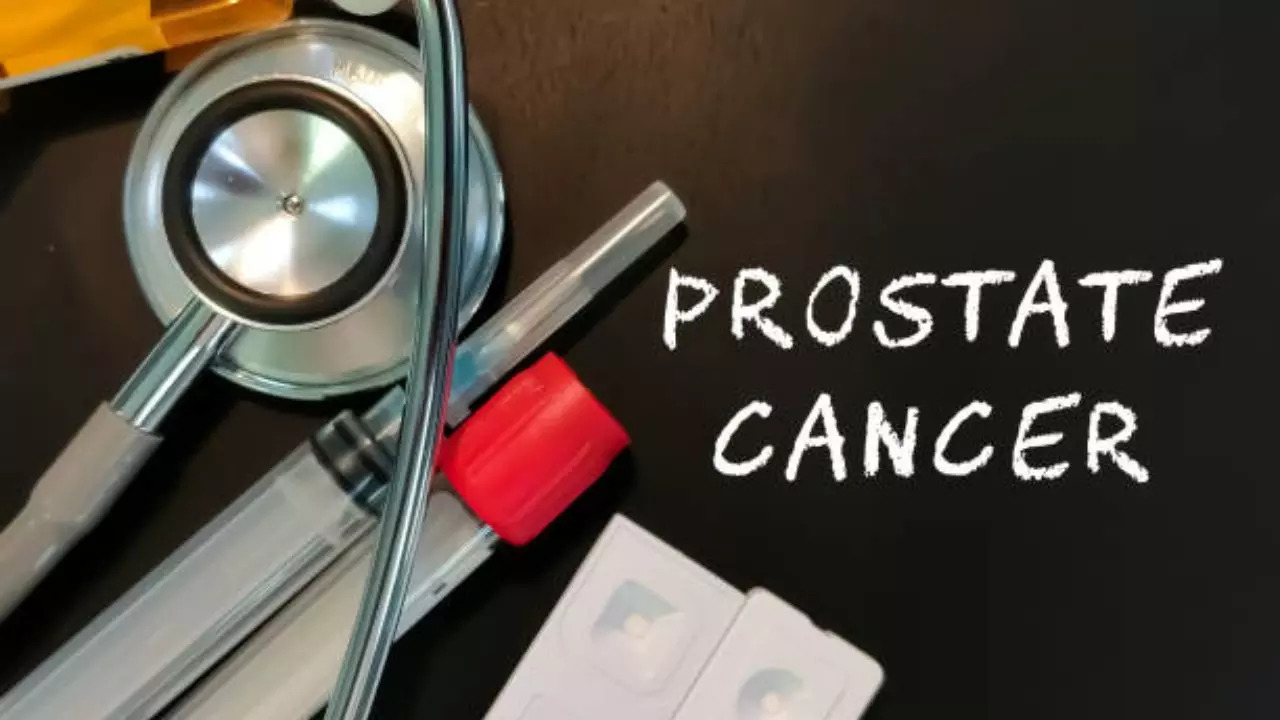New nanoparticle immunotherapy delays prostate cancer resistance: Study
Researchers at the University of Sheffield have developed a new nanoparticle-based immunotherapy that could delay resistance to hormone therapy in prostate cancer patients. The therapy stimulates T cells to attack cancer cells, which could increase the effectiveness of androgen deprivation therapy (ADT) and raise hopes of better treatment outcomes. Read on.

New nanoparticle immunotherapy delays prostate cancer resistance: Study (Image credit: iStock)
a new form of immunotherapy The use of innovative nanoparticles shows promising results in delaying resistance to hormone therapy and helping men. prostate cancer Live longer, according to researchers at the University of Sheffield. This new immunotherapy could increase the time before prostate cancer recurs cancer Becomes resistant to hormone therapy.
ADT is initially effective for many prostate cancer patients; however, in some cases, tumors develop resistance, causing the cancer to spread and become incurable. While immunotherapy has seen success in treating other types of cancer, its efficacy in prostate cancer is limited. Researchers tried to understand the reasons behind this and developed a new method to improve treatment outcomes.
Using advanced techniques, the research team investigated immune cell function within prostate tumors after ADT. This led to the development of an innovative method for delivering immunotherapy directly to the affected area. The study, published in the Journal for Immunotherapy of Cancer, is the first to demonstrate that specially designed nanoparticles can stimulate T cells to attack cancer cells, significantly delaying the emergence of resistance to ADT.
Professor Claire Lewis from the School of Medicine and Population at the University of Sheffield Health And the study leader stressed the clinical importance of this discovery. “The onset of resistance to hormone therapy is a major clinical problem in treating men with prostate cancer. Their tumors tend to grow and spread again, making the disease difficult to treat,” he said.
The research found that macrophages, a type of white blood cell, accumulate around blood vessels in prostate tumors during ADT. The team then developed nanoparticles to deliver the drug to these cells, prompting them to express interferon-beta, a powerful immunostimulant. This action stimulates T cells to kill cancer cells, effectively delaying resistance to the treatment.
Dr Hayley Luxton, Research Impact Manager at Prostate Cancer UK, highlighted the potential impact of this discovery. “More than 12,000 men die from prostate cancer in the UK each year. Immunotherapy has transformed other cancer treatments, but such success has not yet been achieved for prostate cancer,” she said.
The study raises new hopes that this form of immunotherapy could enhance the response to hormone treatment and delay the onset of resistance, potentially transforming the outlook for prostate cancer patients. The innovative use of nanoparticles represents a significant advance in the ongoing battle against prostate cancer, providing a new path to improve patient outcomes and extend lives.
Get the latest news on Times Now as well as breaking news and top headlines from across health and the world.
cancer
prostate cancer


